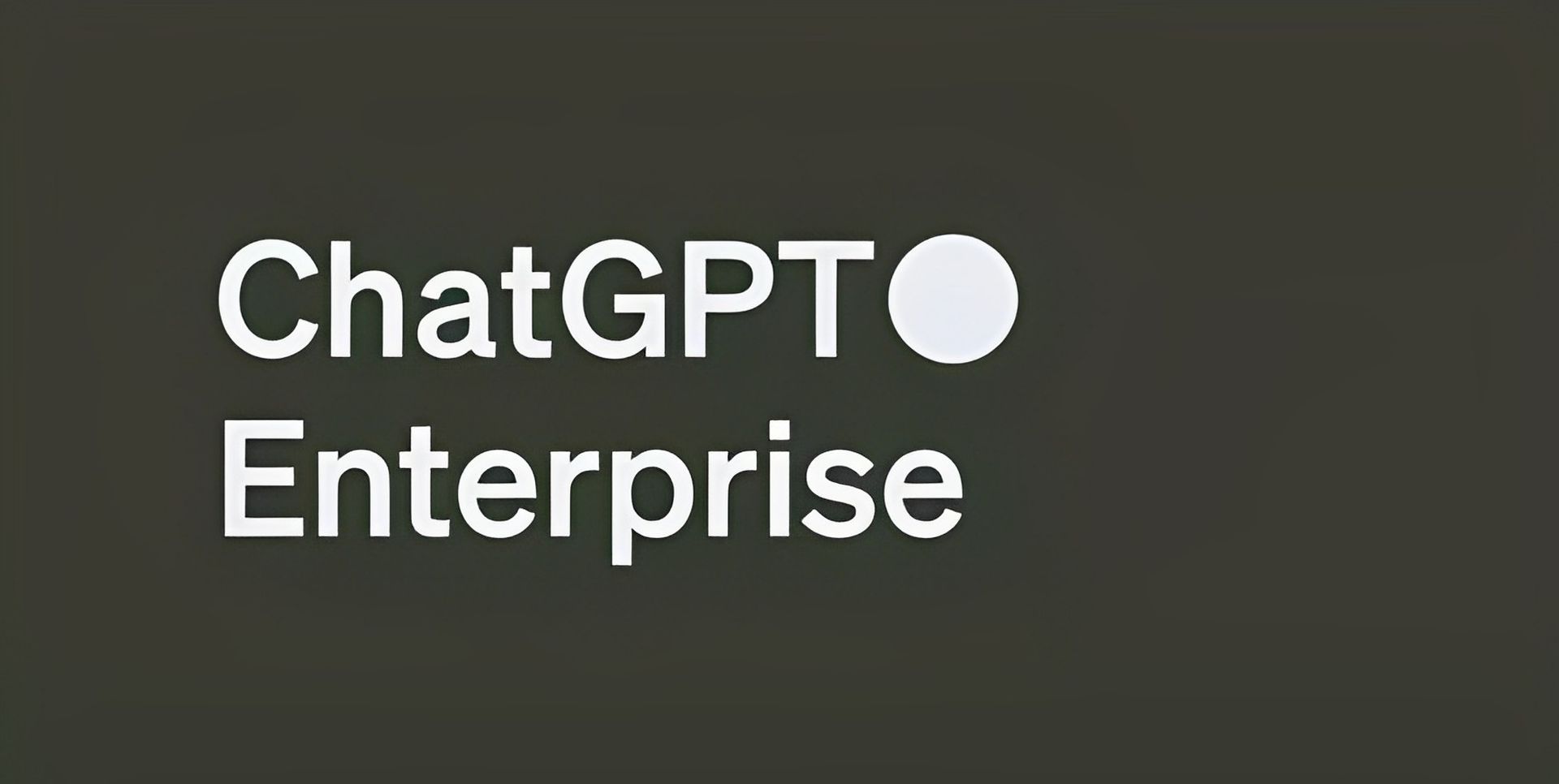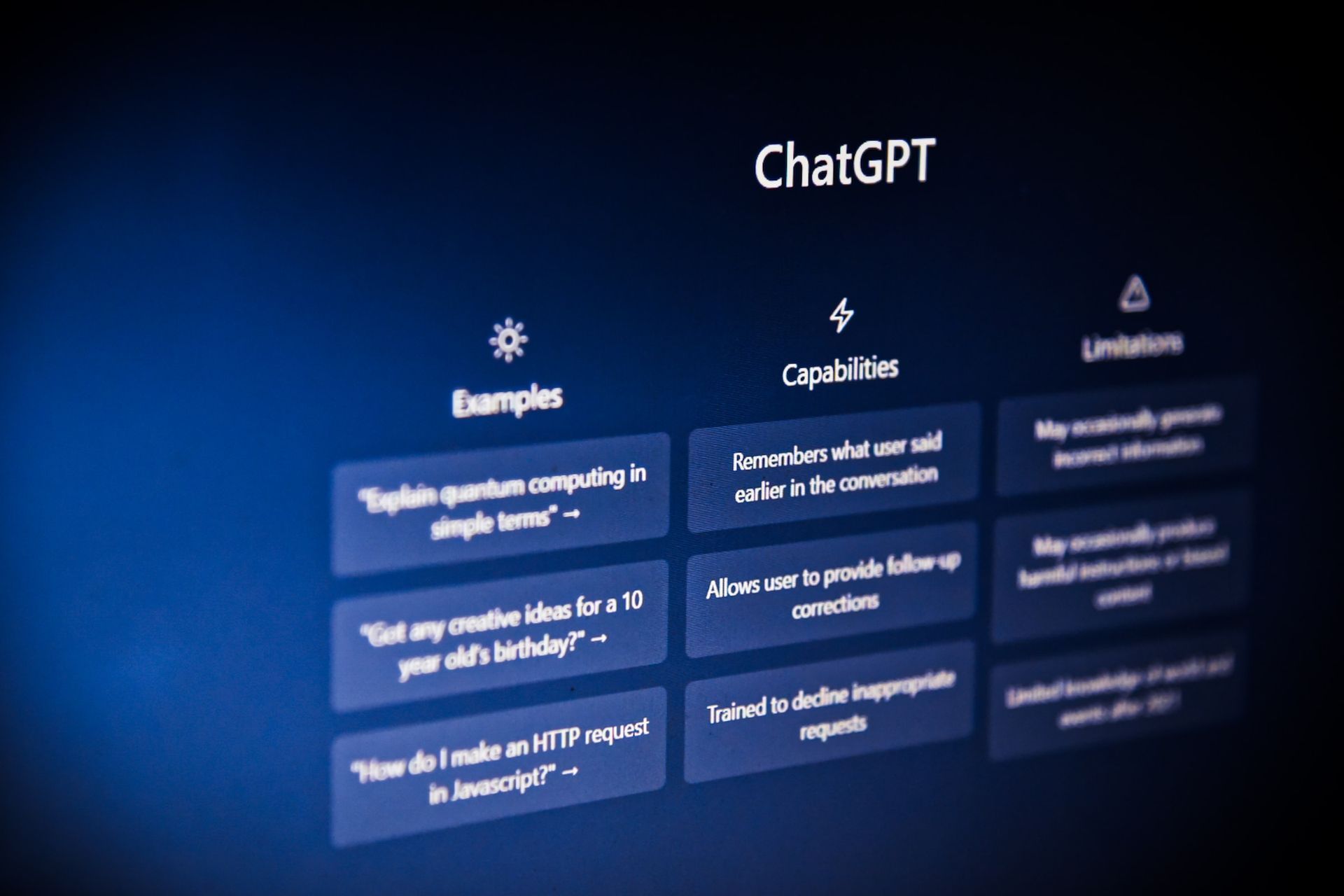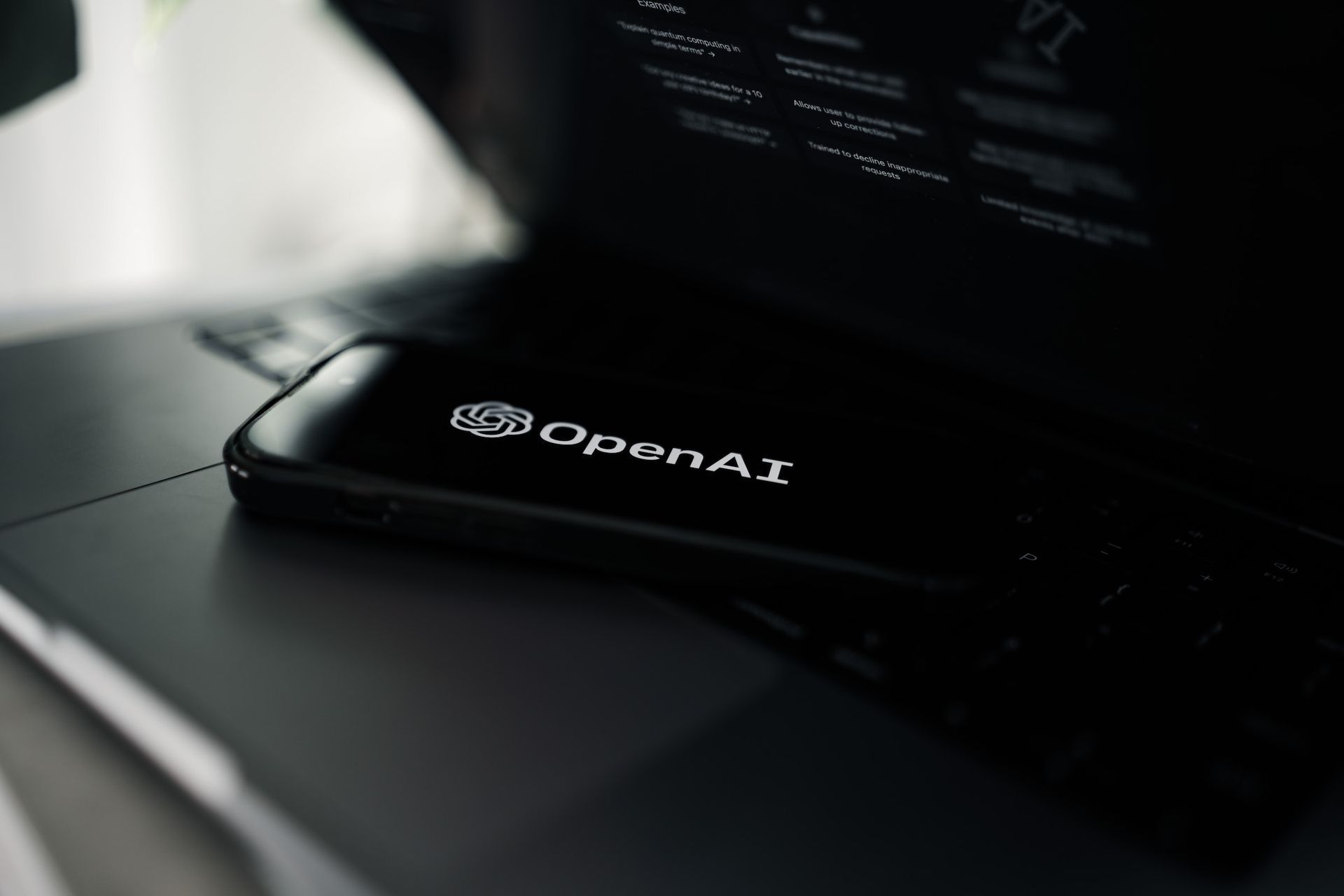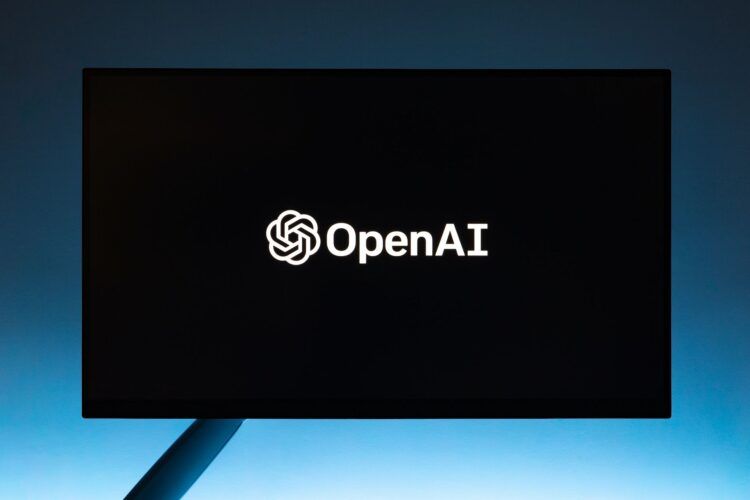In a strategic move to capitalize on the widespread popularity of ChatGPT, OpenAI has announced the launch of ChatGPT Enterprise, a specialized version of their AI-powered chatbot application designed for businesses.
The concept of ChatGPT Enterprise was initially hinted at in a blog post by OpenAI earlier this year. This new offering retains the familiar functionalities of ChatGPT, such as composing emails, drafting essays, and even debugging code. However, what sets ChatGPT Enterprise apart is its focus on “enterprise-grade” privacy features and data analysis capabilities, elevating it beyond the standard ChatGPT experience. Moreover, it boasts enhanced performance and customization options to cater to the specific needs of businesses.

This puts ChatGPT Enterprise in direct competition with Microsoft’s Bing Chat Enterprise, which also targets enterprises with its chatbot services.
According to a blog post shared by OpenAI, “Today marks another step towards an AI assistant for work that helps with any task, protects your company data and is customized for your organization.” While pricing details aren’t disclosed, they emphasize that costs will depend on individual usage and use cases.
How exactly will ChatGPT Enterprise be used?
ChatGPT Enterprise introduces a new administrative console equipped with tools to manage internal usage of ChatGPT within organizations. These tools include integrations for single sign-on, domain verification, and a dashboard that provides insights into usage statistics. Additionally, ChatGPT Enterprise allows employees to construct internal workflows using shareable conversation templates, enhancing productivity. Companies can also opt to develop fully custom ChatGPT-powered solutions using credits from OpenAI’s API platform.
One key feature exclusive to ChatGPT Enterprise is its access to Advanced Data Analysis, previously known as Code Interpreter. This tool, previously limited to ChatGPT Plus subscribers, enables the analysis of data, creation of charts, and even solution of mathematical problems based on uploaded files. OpenAI provides an example of how this capability could be employed: by providing a prompt like “Tell me what’s interesting about this data,” ChatGPT’s Advanced Data Analysis can extract insights from financial, health, or location data.

ChatGPT Enterprise license
ChatGPT Enterprise harnesses the power of GPT-4, OpenAI’s flagship AI model, similar to ChatGPT Plus. However, ChatGPT Enterprise users enjoy priority access to GPT-4, yielding performance twice as fast as the standard GPT-4 model. Moreover, it features an expanded context window of 32,000 tokens (around 25,000 words), enhancing the model’s ability to maintain context in conversations.
OpenAI addresses privacy concerns by assuring that business data sent to ChatGPT Enterprise won’t be used to train models, and that conversations are encrypted both in transit and at rest.
“We believe AI can assist and elevate every aspect of our working lives and make teams more creative and productive,” OpenAI states in their blog post.
While ChatGPT has enjoyed significant adoption, there have been fluctuations in its traffic. Analytics from Similarweb indicate a global drop of 9.7% in ChatGPT traffic from May to June, accompanied by an 8.5% decrease in average time spent on the web app. Factors such as the launch of the iOS and Android versions of ChatGPT and the summer vacation period could contribute to these fluctuations, along with potential competition.
OpenAI’s commitment to monetize ChatGPT is evident, given its substantial investment in developing the technology. Reports suggest that OpenAI spent over $540 million in the past year for ChatGPT’s development, including attracting talent from tech giants like Google. Some estimates indicate that ChatGPT costs OpenAI approximately $700,000 per day to operate.

Despite these challenges, OpenAI remains resolute in their plans for the tool’s future. CEO Sam Altman aims to increase OpenAI’s revenue to $200 million in the current year and $1 billion in the next, with ChatGPT Enterprise playing a pivotal role in achieving these goals.
OpenAI’s vision for ChatGPT Enterprise includes a ChatGPT Business offering tailored for smaller teams, enhanced data analysis and web browsing features, and specialized tools for roles such as data analysts, marketers, and customer support.
As ChatGPT Enterprise rolls out, OpenAI looks forward to refining its features based on user feedback and continues to focus on the potential of AI to revolutionize the business landscape.
Featured image credit: Andrew Neel / Unsplash





